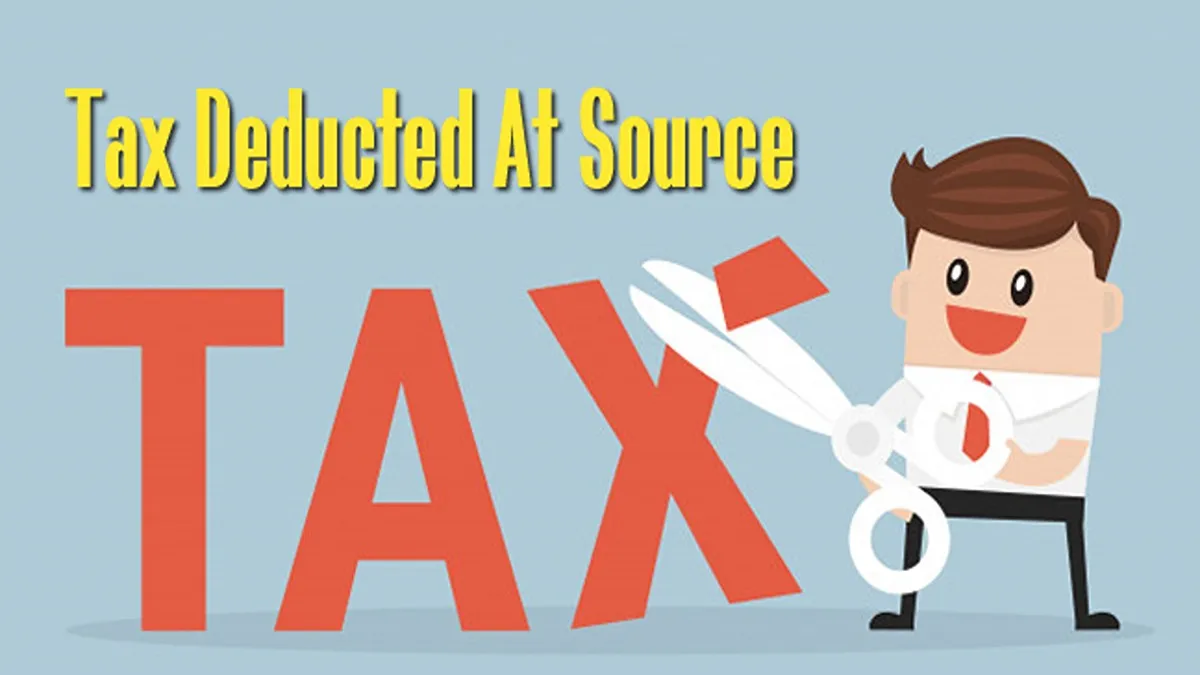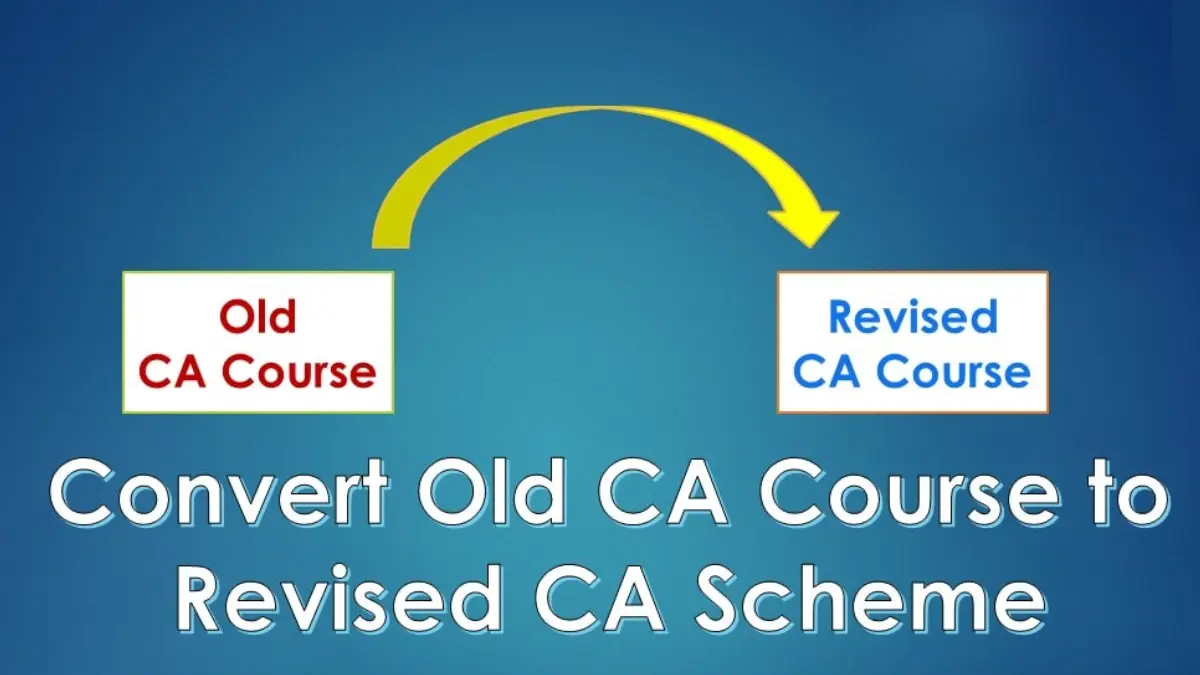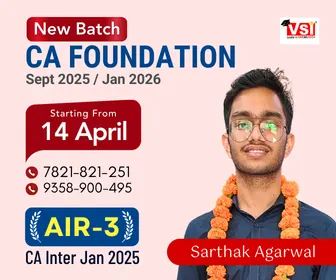TDS stands for Tax deducted at source. The purpose behind implementing TDS is to collect tax at the time of payment. The structure has been made in such a manner which make the employer liable to deduct tax at source from the payment made to the employee and thereafter it shall be deposited in the account maintained by the Central Government.
Central Board of Direct Taxes maintains the regulation of TDS in India as per the Income Tax Act, 1961.
The person whose TDS has been deducted here we call as deductee and who deducts the payment called as deductor. The deductee shall be entitled to get a credit of such already deducted tax while making the payment of Income Tax based on 26AS which is required to be issued by the deductor to deductee.
The scope of TDS is very wide. It not only covers salary but also a commission, professional fees, works contract, interest, rent etc under itself.
How to Calculate TDS?
TDS is applicable on many sources of income either direct or indirect. Each source has its own defined percentage say it commission, Interest, works contract, rent etc on the basis of which deductor is required to deduct TDS.
But in case of salary, no percentage has been defined which can be the base of TDS. TDS shall be deducted from Salary by adding the Income under all the Heads and loss only from House Property. Thereafter income tax shall be calculated considering the slab rates and TDS shall be deducted on the basis of such Income Tax calculated.
Rates Defined for TDS Under Various Sections –
| Section | Head | Rate | Threshold Limit |
| Section 192 | Payment of Salary | 10% | Basic Exemption Limit |
| Section 192A | Payment of Accumulated Balance of PF which is taxable in the hands of an employee (w.e.f. 01/06/2015) | 10% | Nil |
| Section 193 | Interest on Securities | 10% | Nil |
| Section 194 | Dividend other than Sec 115-O | 10% | Nil |
| Section 194A | Interest other than Int. on Securities | 10% | Rs 5000/- |
| Section 194B | Winnings from Lotteries, crossword puzzles, card games, and other games of any sort | 30% | Rs 10000/- |
| Section 194BB | Winning from Horse Races | 30% | Rs 5000/- |
| Section 194C | Payment to Contractor / Sub Contractor | Rs 30000/- | |
| 1% | ||
| b) Others | 2% | ||
| Section 194D | Insurance Commission | 5% (10% till A.Y. 2016-17) | Rs 20000/- |
| Section 194DA | Payment in respect of Life Insurance Policy | 1% (2% till 31/05/2016) | Rs 1 Lakh in a F.Y. |
| Section 194EE | Payment in respect of deposit under National Savings scheme | 10% (20% till 31/05/2016) | Rs 2500/- |
| Section 194F | Payment on account of repurchase of unit by Mutual Fund or Unit Trust of India | 20% | Nil |
| Section 194G | Commission etc on the sale of lottery tickets | 5% (10% till 31/05/2016) | Rs 1000/- |
| Section 194H | Commission or Brokerage | 5% (10% till 31/05/2016) | Rs 5000/- |
| Section 194I | Rent | Rs 1800000/- | |
| 2% | ||
| b) Land or Building or Furniture or Fitting | 10% | ||
| Section 194IA | Payment on transfer of certain immovable property other than Agricultural Land | 1% | Rs 5000000/- |
| Section 194J |
| 10% | Rs 30000/- |
| Section 194LA | Payment of compensation on acquisition of certain immovable property. | 10% | |
| Section 194LBA(1) | Interest distributed by Business Trust received by it from SPV or any income received from renting or leasing or letting out any real estate asset owned directly by it, to its unitholders | 10% | |
| Section 194LBB | Investment Fund making payment to the unitholder (other than income exempt u/s 10(23FBB)) | 10% | |
| Section 194LBC | Income in respect of investment made in a securitization trust (specified in explanation of Section 115TCA). | 25% in case of Individual and HUF 30% in case of others | |
| Any other Income | 10% |
Return Filling Under TDS –
Filing of TDS return is mandatory for the deductors before the due date. Return can be filled on www.incometaxindia.gov.in. TDS return has to be filled quarterly which is submitted to the Income Tax Department.
The return contains the information regarding TDS deducted and deposited by the deductor, PAN of both deductor and deductee, Tax Challan details and other relevant information. The payment shall be deposited by submitting an “Income Tax Challan”.
TDS is applicable on various direct and indirect income. Hence, there are different forms for certain categories of income in which the return has to be filed –
| Head | Form |
| TDS applicable on Salary | Form 24Q |
| TDS where deductee is a Non-resident, foreign company | Form 27Q |
| TDS on Payment for transfer of Certain Immovable Property | Form 26QB |
| TDS in any other case | Form 26Q |
Due Date for Submitting TDS Returns are as follows –
| Quarter ending 30th June | 15th July |
| Quarter ending 30th September | 15th October |
| Quarter ending 31st December | 15th January |
| Quarter ending 31st March | 15th May |
The Penalty for Late Filing of TDS Return –
The person who fails to file TDS return within due date has to pay a penalty of Rs 200/- per day till the date return has been filled. Although, the amount of penalty shall not exceed the total amount of TDS.
Further, where a taxpayer fails to furnish the TDS return and such time limit exceeds one year, the amount of penalty will range between Rs 10000 to Rs 1 Lakh.
Form 15G and 15H –
Sec 194A requires banks to deduct Tax at Source where the interest income earned by an individual exceeds Rs 10,000/-. Such interest income shall be taken on a centralized basis i.e. interest earned in all the branches of such bank throughout India. But where the individual’s total taxable income is below Basic Exemption Limit, then they can submit 15G or 15H to the bank requesting not to deduct tax at source on their interest income.
Form 15H –
Form 15H is a declaration made by individuals who have attained the age of 60 years or more to claim certain receipts without getting tax deducted at source under Section 197A(1C) of the Income Tax Act 1961. Eligibility criteria for 15H are as given below –
- Such form can be submitted by individuals who have attained the age of 60 years.
- The estimated Income Tax for such individuals shall not exceed the Basic Exemption Limit.
- Form 15H shall be submitted by an individual to all the branches of the bank through which interest has been received or receiving.
- The form should be submitted to the bank before the receipt of first interest. It will restrict bank not to deduct your TDS.
- Form 15H is required to be submitted where the interest income earned from the bank exceeds Rs 10000/- or interest income other than the deposit, like Interest on Loan, Debentures, Bonds, advance etc exceeds Rs 5000/- in a F.Y.
Form 15G –
Form 15G can be submitted by an individual in reference to Sub Section (1) and (1A) of Sec 197A of the Income Tax Act, 1961 for receipt of certain incomes without deduction of Tax at Source. Eligibility criteria of Sec 15G are as follows –
- Form 15G can be submitted by those who have not attained the age of 60 years.
- The person submitting such form must be an individual. Companies and Firms are not eligible to avail the benefit of Form 15G.
- The form must be submitted before the first payment of Interest to prevent the bank from deducting any Tax at Source.
- The form shall be submitted by an individual to all the deductors from which he is collecting interest i.e. all the branches of a bank.
- Only those individuals whose taxable income is below basic exemption limit can submit Form 15G.
- The individual must be a resident.
Points to Remember –
- An individual while submitting Form 15H/15G to the bank shall be careful about the PAN. The wrong PAN will attract TDS@ 20%. Therefore, you are advised to submit the copy of PAN card with the cover letter.
- Receipt of Acknowledgment is necessary while submitting Form 15G/15H as it will be useful if any dispute arises.
In the above article, we have discussed What is TDS, How to Calculate it, Rates defined, threshold limit, Return Filing, Forms Required, due date, the penalty of late return, Form 15G/15H etc.
Hope you find this article useful, so stay in tune with us for more such relevant information.










